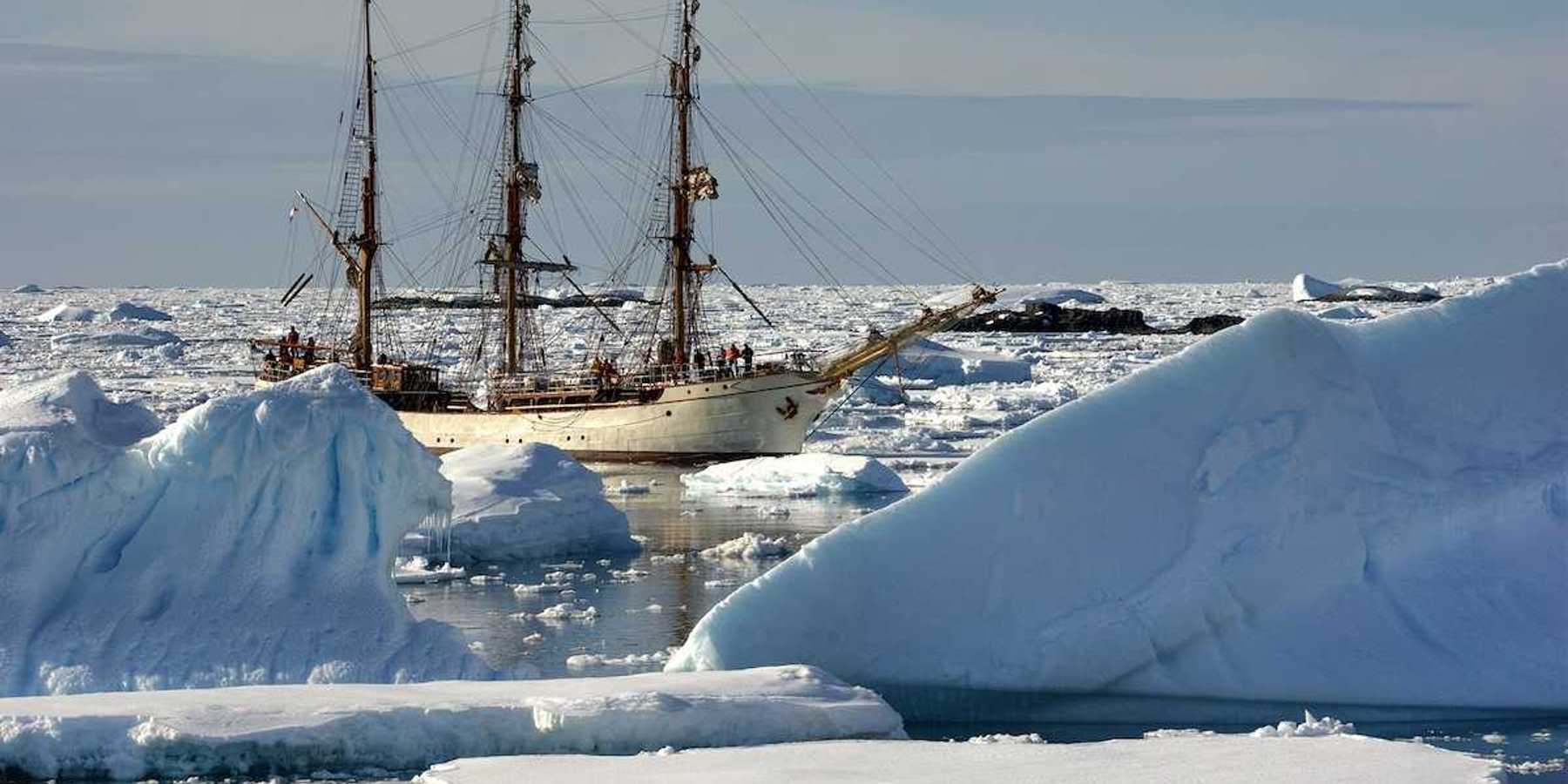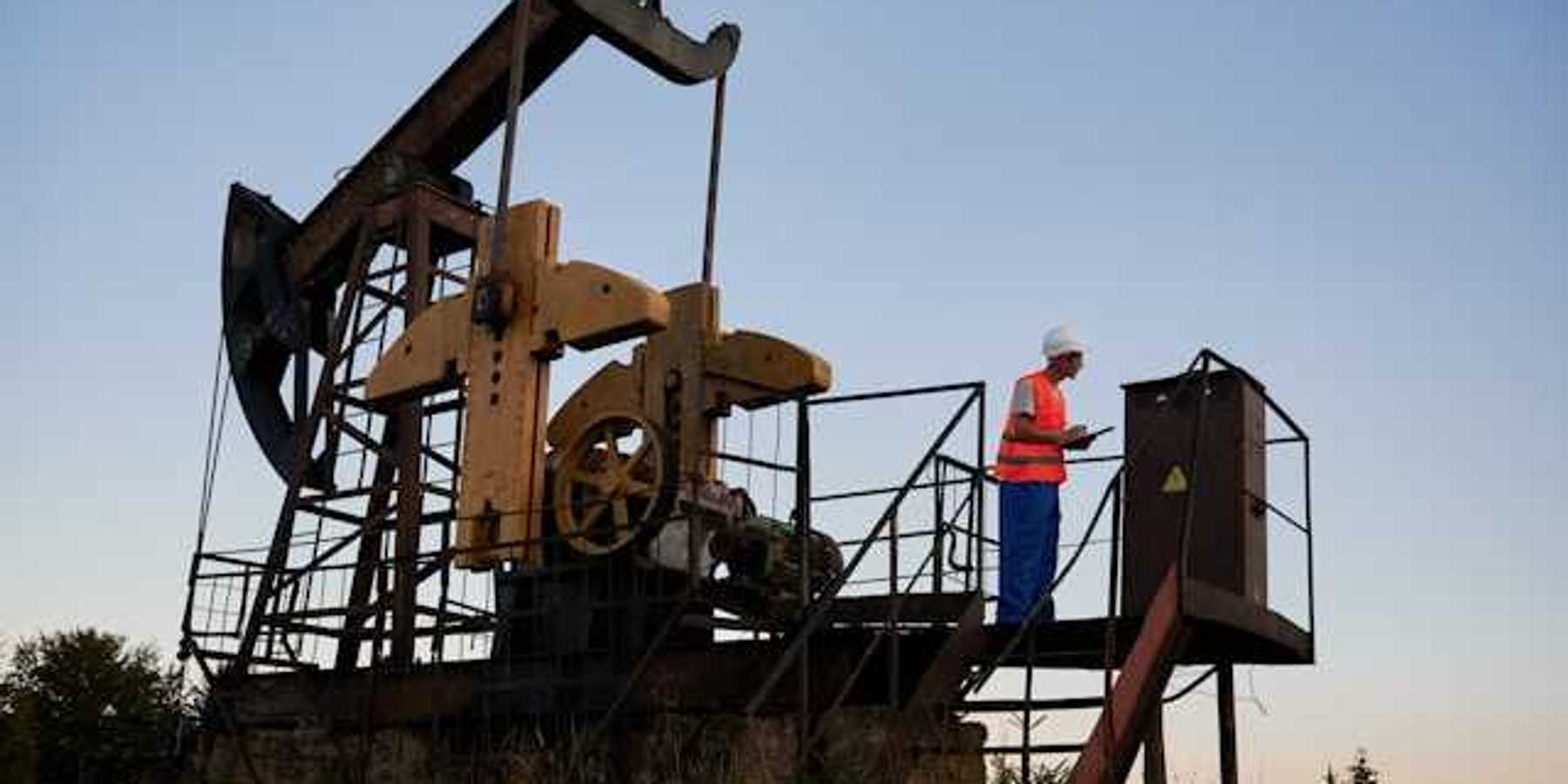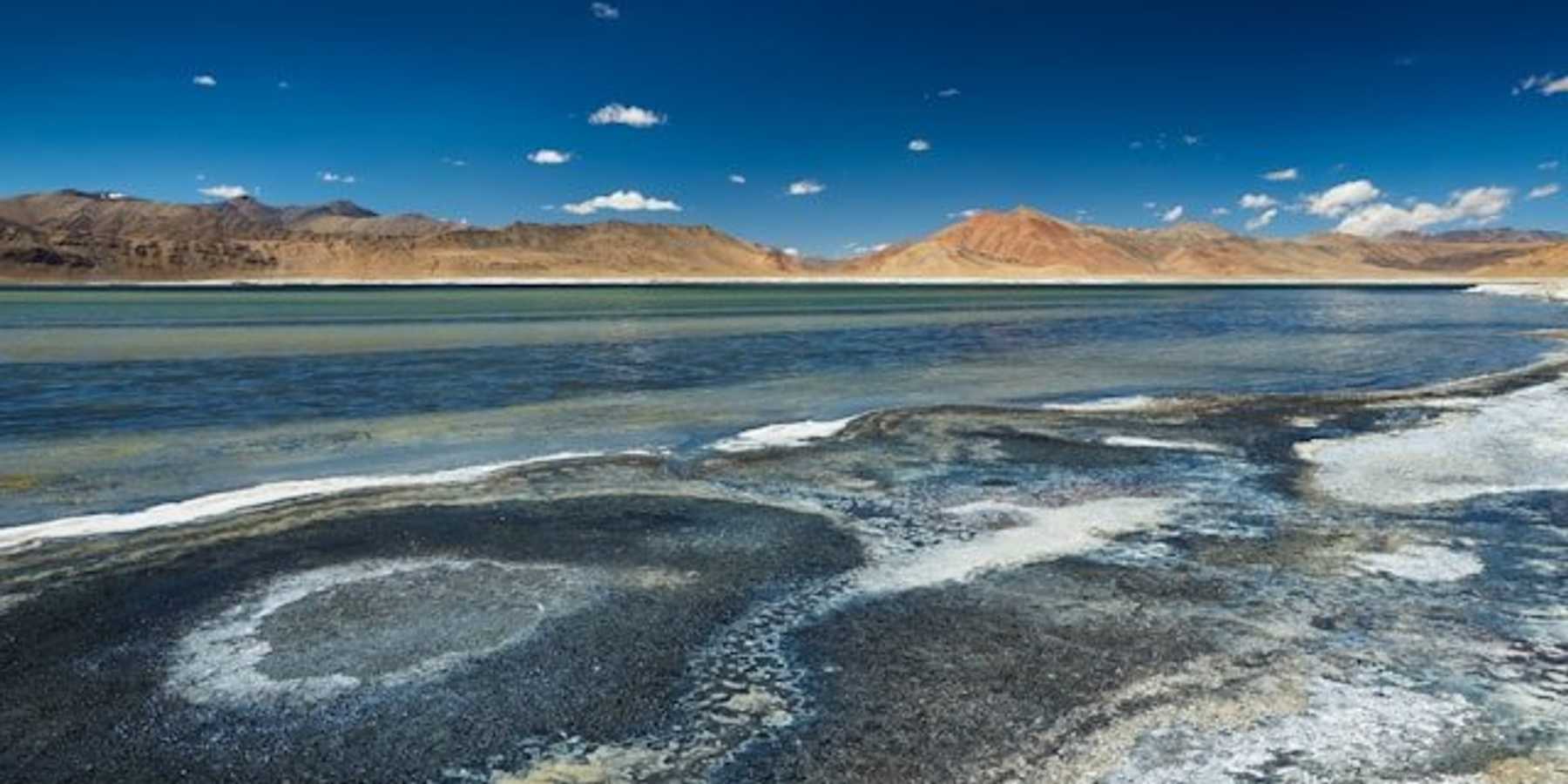Canadian firm seeks U.S. approval to mine deep-sea minerals, bypassing UN oversight
A Canadian company has asked the U.S. government for permission to mine international seafloors, sidestepping a United Nations agency and igniting legal and environmental disputes.
Dánica Coto reports for The Associated Press.
In short:
- The Metals Company applied to the U.S. National Oceanic and Atmospheric Administration for two exploration licenses and a commercial recovery permit to mine the seabed, becoming the first company to request such authorization.
- The move follows a Trump administration executive order encouraging the fast-tracking of seabed mining permits and has triggered objections from environmentalists and the U.N.’s International Seabed Authority, which claims exclusive rights to regulate international deep-sea mining.
- Scientists and advocates warn that deep-sea mining could cause irreversible harm to fragile marine ecosystems, with some describing it as an unjustifiable environmental experiment.
Key quote:
“Deep-sea mining has the potential to impact not just the seabed environment, but all of the life in between.”
— Jeff Watters, external affairs vice president for the Ocean Conservancy
Why this matters:
Deep-sea mining has emerged as a contentious solution to the soaring demand for critical minerals like nickel, cobalt, and manganese, essential for renewable energy technologies and electric vehicles. Yet, the ecosystems targeted, such as those in the Clarion-Clipperton Zone, are among the least understood and most ecologically sensitive on Earth. These deep ocean environments not only harbor unique species but also play roles in carbon sequestration and regulating global climate patterns. Mining could stir up vast sediment plumes, release toxins, and disrupt these delicate systems in ways scientists are only beginning to grasp.
Related: Humans may start mining the deep sea despite limited knowledge













